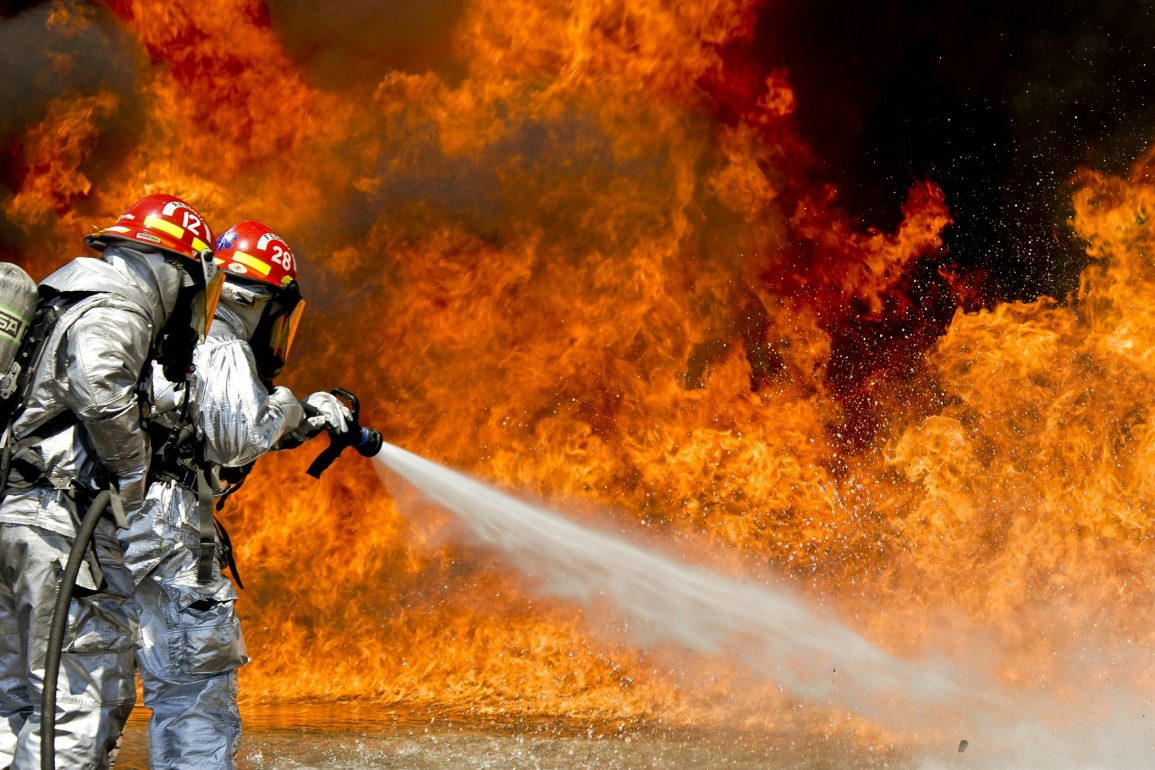As California experiences unprecedented heat this summer, wildland firefighters are adjusting their tactics to cope with the extreme conditions.
Temperatures soaring to 115°F are forcing teams to rethink their strategies, with veteran firefighter Abel Martinez emphasizing, “You can’t push the way you push on a 95-100°F fire day.”
The severe heat has led to injuries, and the strain is palpable among crews who often find themselves without sufficient backup during critical moments.
Firefighting is inherently risky, but the situation worsens as the heat index climbs. With insufficient rest and mounting pressure, experienced federal firefighters are becoming increasingly scarce.
Years of low pay and exhausting workloads have driven many away from the profession, leaving those like Martinez to shoulder the burden.
“We are working folks to the ground,” Martinez states, revealing that some crews are logging around 1,400 hours of overtime.
This relentless pace has resulted in a concerning rise in injuries and significant physical and mental fatigue.

“A fire environment is dynamic,” he explains, noting how burnout can cloud judgment and increase risks to both firefighters and the communities they protect.
Despite these challenges, thousands of firefighters remain committed to their duties. They continue to brave the heat, often at the cost of their health.
“After 20 years of fighting fire, I have lung damage,” Martinez shared, pointing out the inadequate respiratory protections available. The repeated exposure to harmful smoke from various combustibles poses a serious threat.
With a future likely to bring even more dangerous conditions, Martinez stresses the need for better preparation against burnout.
In the meantime, he advocates for decontamination practices, urging his crew to take hot showers and use strong detergents to wash away toxic residues.
“We understand the danger of carcinogens,” he says, emphasizing that prioritizing food and sleep is vital—at least until the next call comes in.

